Table of Contents:
What Has Ethereum's Cryptocurrency Changed In 2025?
According to Blockchain Magazine, since the beginning of 2025, Ethereum has undergone significant transformations that have reshaped its role as a blockchain foundation. The transition to a proof-of-stake consensus model marked one of the most substantial changes, eliminating energy-intensive mining processes and reducing carbon emissions while increasing transaction speeds. However, this shift also introduced new challenges such as centralization concerns due to large staking pools holding excessive power.
The evolution in tokenomics is another critical aspect highlighted by Blockchain Magazine. With an inflationary token model leading to price volatility, newer DeFi projects like Remittix are adopting fixed supply models with deflationary mechanisms for value stabilization. This approach aims at creating more predictable economic models appealing to both retail and institutional investors.
Klaus Agent: A New Era in AI Integration
As reported by GlobeNewswire on January 30th, 2025, Klaus Agent has become the first blockchain AI agent integrating a custom DeepSeek model. Built upon proprietary technology including Google DialogFlow and the Klaus Neural Network among others, it offers ultra-fast response times and advanced human-like interaction capabilities through voice-to-voice interactions.
This integration allows Klaus Agent not only to respond passively but actively learn from real-world experiences using unsupervised learning frameworks provided by DeepSeek’s open-source model. As stated by Liam Johnson from the Dubai-based Klaus on ETH team, this development marks a pioneering step towards autonomous digital assistants capable of executing tasks ranging from sending emails to trading crypto efficiently within their tech stack environment.
The Impact of Blockchain Across Industries
TechRound explores how blockchain technology extends beyond cryptocurrencies into sectors such as supply chains, healthcare, and education, fundamentally transforming them through decentralization, transparency, and security enhancements. These changes address inefficiencies and improve trustworthiness in global operations. Companies like IBM Food Trust are already leveraging these benefits to enhance food traceability and ensure ethical sourcing practices are consistently maintained throughout production and distribution cycles. Similar initiatives are underway across various domains worldwide, revolutionizing traditional methodologies. The developments observed so far indicate promising potential for future advancements, and stakeholders in the industry are urged to embrace these opportunities to create meaningful and positive change in society.
Sources:















